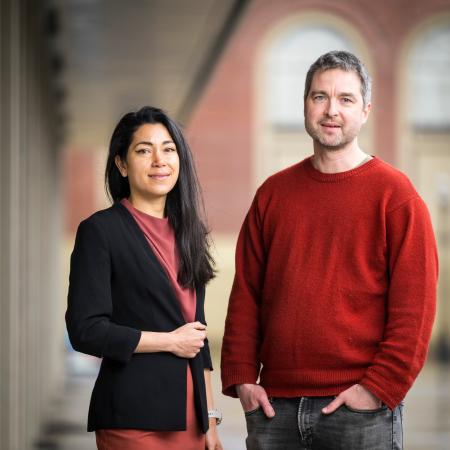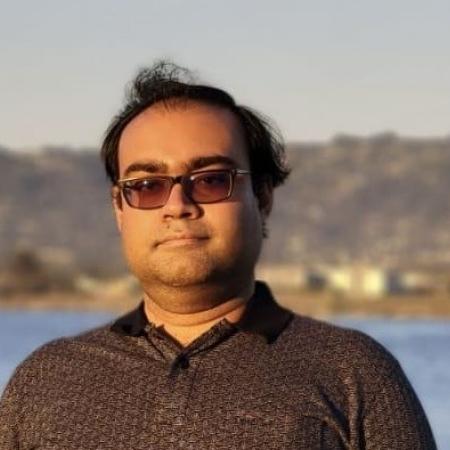Mathematician Juan Restrepo's impressive and extensive leadership in mathematical modeling and numerical simulation of oceanography and climate dynamics, which has had substantial impact in computational geosciences, has earned him the Society for Industrial and Applied Mathematics (SIAM) Geosciences Career Prize.
The award recognizes an outstanding senior researcher who has made broad and distinguished contributions to the field of geosciences.
The prize will be awarded at the SIAM Conference on Mathematical and Computational Issues in the Geosciences, to be held September 11-14, 2017, at the University Erlangen-Nürnberg in Erlangen, Bavaria, Germany.
Restrepo is a professor of mathematics with courtesy appointments in Statistics, Electrical Engineering and Computer Science and Physical Oceanography. He specializes in applied mathematics research and training and teaches numerical analysis, scientific computing, statistical mechanics and geophysical fluid dynamics.
Restrepo's primary research interests lie in uncertainty quantification, ocean dynamics, climate, oil/pollution transport and acoustics. Prior to coming to Oregon State in 2014, he was a mathematics professor at the University of Arizona with appointments in the Department of Physics and the Department of Atmospheric Sciences. He was also visiting faculty for 17 years at Los Alamos National Laboratory working on bio-related homeland security work, bone dynamics, voting theory and climate dynamics research.
He is a co-principal investigator of the National Science Foundation (NSF) Research Traineeship at OSU, which has received $3 million to implement the program. The proposal, “Risk and uncertainty quantification in marine science and policy,” prepares a new generation of natural resource scientists and managers to study, protect and manage ocean systems. The program encourages the development of bold and transformative models for graduate education in STEM fields.
A strong advocate for diversity in science, Restrepo has an impressive and extensive record of advising young scientists from underrepresented groups. He received his Ph.D. in physics from Pennsylvania State University. He also holds degrees in engineering acoustics, electrical engineering and music.




